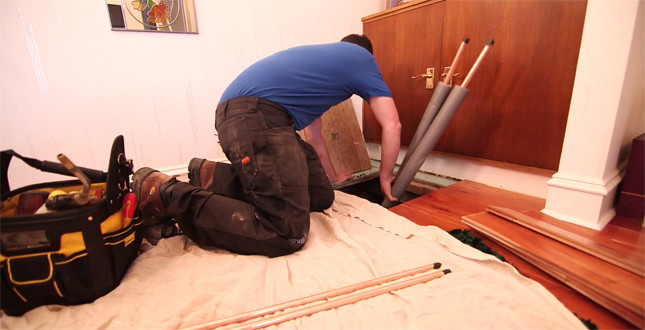

WaterSafe has launched a short film to highlight the potential health risks of lead pipes that supply water for drinking and cooking.
The film is being launched to coincide with Lead Poisoning Prevention Week 2017 (22 to 28 October).
Lead dissolving into drinking water from lead pipes can be harmful if it builds up in the body – especially for babies and children, whose development can be affected.
The use of lead in plumbing has been banned in the UK for more than 25 years, and houses built before 1970 are most likely to have lead pipes.
However, newer homes are not entirely safe. Lead solder used for jointing copper pipes as a low-cost alternative by DIY enthusiasts or unqualified plumbers can also put drinking water at risk.
The WaterSafe film supports International Lead Poisoning Prevention Week 2017, which is run by the World Health Organisation. Presented by WaterSafe member and UK Plumber of the Year 2016 Shaun Scott, the film offers clear solutions to ensure homeowners have the correct pipes and fittings.
Julie Spinks, Director of WaterSafe, said: “The plumbing in homes is the responsibility of the homeowner, so we are urging all households to spend a few minutes today checking if they have lead pipes.
“To safeguard health we would recommend replacing lead pipes that supply drinking water to bathrooms and kitchens with copper or plastic ones. All plumbers on the WaterSafe register are trained in the water supply regulations and are promoted by water companies to keep drinking water safe in homes.
“If you’re replacing pipes within your boundary, make sure you contact your local water company, as they may be able to replace the pipes beyond your house and garden.”
Most water companies can also test the levels of lead in the water and offer advice on replacing the pipes.
You can watch the short film below and, for more advice on keeping drinking water safe from lead, visit watersafe.org.uk/lead.
If you'd like to keep up-to-date with the latest developments in the heating and plumbing industry, why not subscribe to our weekly newsletters? Just click the button below and you can ensure all the latest industry news and new product information lands in your inbox every week.